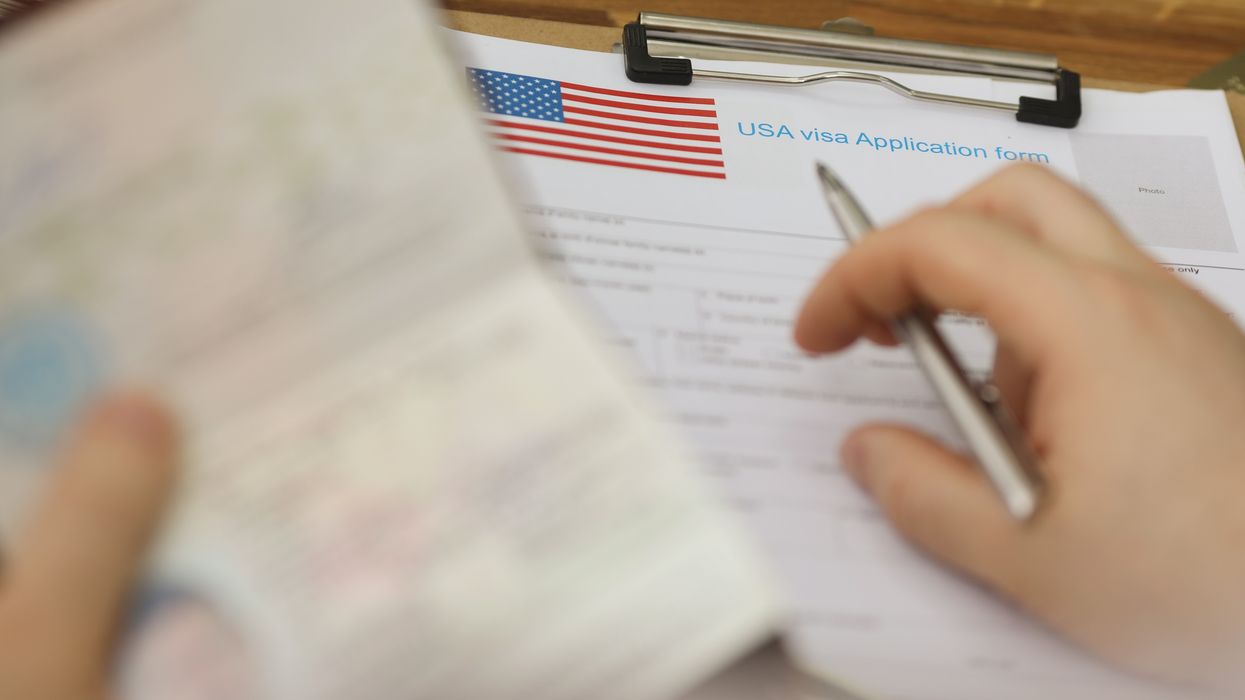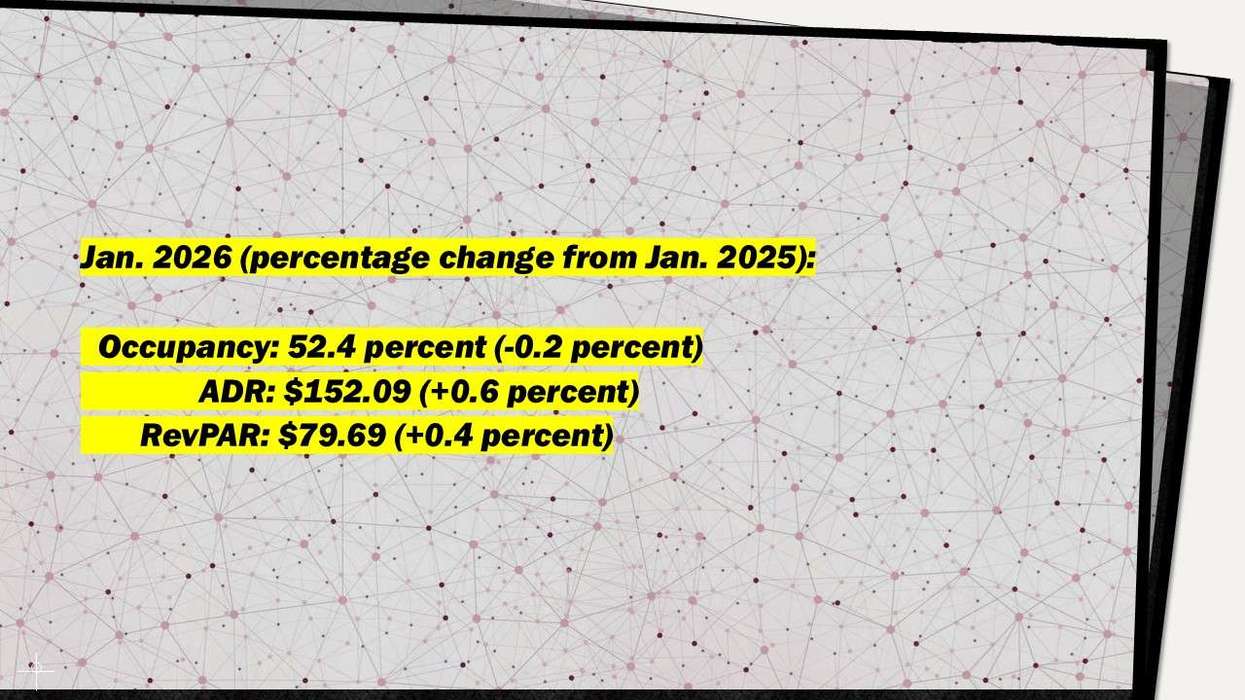Summary:
- Trump’s proposed $250 Visa Integrity Fee faces pushback from groups relying on seasonal J-1 workers from Latin America and Asia.
- J-1 visa holders often work as housekeepers, amusement park staff, and lifeguards from pre-season through Labor Day; more than 300,000 use the visa annually.
- DHS and the State Department have not clarified how the fee will be implemented or who qualifies for a refund.
A $250 VISA Integrity Fee in President Donald Trump’s Big Beautiful Bill is drawing criticism from groups that rely on seasonal workers from Latin America and Asia on J-1 and other visas, Newsweek reported. The organizations warn the cost, though sometimes refundable, could reduce the summer workforce that supports U.S. beach towns and resorts.
The BBB Act introduces the fee for many non-immigrant applicants, including J-1 cultural exchange and seasonal workers.
“In general—In addition to any other fee authorized by law, the Secretary of Homeland Security shall require payment of a fee, as specified in this subsection, by any alien issued a non-immigrant visa at the time of issuance,” the bill reads.
Kasey Simon, president of United Work and Travel, told Newsweek the cost could prevent some applicants from Jamaica and the Dominican Republic from joining the program.
“Even a 10 or 20 percent reduction in participation would significantly impact the seasonal hospitality industry nationwide,” Simon was quoted as saying. “We're talking hotel housekeepers, student restaurant workers, lifeguards, amusement staff—everything would be affected.”
J-1 visa holders fill roles many Americans do not, such as hotel housekeepers, amusement park staff, and lifeguards, often working from pre-season through Labor Day, the report said. More than 300,000 people use the visa each year, according to the State Department.
Newsweek reported that the $250 fee would be charged when the visa is issued and refunded only if the applicant leaves the U.S. on time without overstaying or working illegally. Those who later seek permanent status likely won’t be reimbursed.
The bill also expands funding for U.S. Immigration and Customs Enforcement.
Meanwhile, tourism leaders have raised concerns about ESTA fees increasing from $21 to $40, though the Visa Integrity Fee does not apply to Visa Waiver Program travelers. The U.S. Travel Association warns even this increase could hurt tourism.
“Raising fees on lawful international visitors amounts to a self-imposed tariff on one of our nation’s largest exports: international travel spending,” said Geoff Freeman, president and CEO of the U.S. Travel Association, in a recent statement. “These fees are not reinvested in improving the travel experience and do nothing but discourage visitation at a time when foreign travelers are already concerned about the welcome experience and high prices. As Congress begins work on FY26 appropriations, it must fully fund Brand USA and ensure visitor fees are lowered, if not eliminated, wherever possible.”
The Department of Homeland Security and the State Department have not yet said how the fee will be implemented or who will qualify for a refund.
“President Trump and House Republicans are committed to restoring immigration integrity and enhancing national security,” the House Judiciary Committee said in a May press release. “The Judiciary Committee’s reconciliation provisions, which passed out of our committee, deliver critical resources to advance both priorities. Our provisions provide funding for at least 1 million annual removals, 10,000 new Immigration and Customs Enforcement personnel, and detention capacity sufficient to maintain an average daily population of at least 100,000 aliens. It also introduces a new series of fees that provide funding and resources to various agencies.”
Sponsors hope for answers soon, before workers start backing out, as planning for summer 2026 is already underway, the Newsweek report said.






